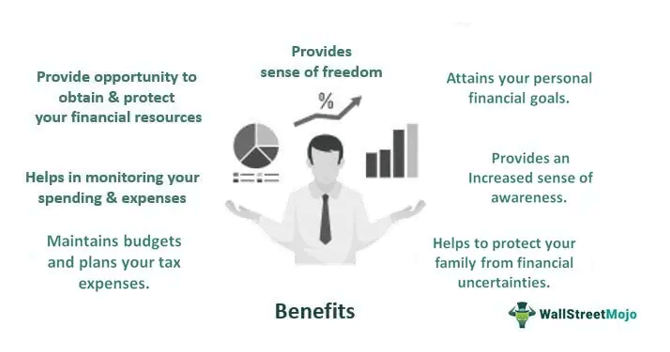Real estate investing can be an excellent way to build wealth and achieve financial freedom. However, if you’re new to personal finance, it can be overwhelming to navigate the complex world of real estate investing. That’s why we’ve put together this beginner’s guide to help you understand the basics of personal finance and how they relate to real estate investing.
What is Personal Finance?
Personal finance refers to the management of an individual’s financial resources, including income, expenses, savings, and investments. It involves creating a budget, managing debt, saving for retirement, and investing in assets that will appreciate over time.
The first step in personal finance is to create a budget that tracks your income and expenses. This will help you understand where your money is going and identify areas where you can cut back on expenses to save more money. It’s also essential to manage debt, such as credit card debt or student loans, by making regular payments to avoid accumulating interest and fees.
Why Invest in Real Estate?
Real estate can be an excellent investment because it has the potential to appreciate in value over time. Unlike other investments, such as stocks, real estate provides a tangible asset that can be rented out or used as a primary residence. Real estate also offers tax benefits, such as deductions for mortgage interest and property taxes.
Before investing in real estate, it’s important to understand the different types of properties and investment strategies. For example, you can invest in residential properties, such as single-family homes or multi-unit apartment buildings, or commercial properties, such as office buildings or retail space. You can also invest in real estate through real estate investment trusts (REITs) or crowdfunding platforms.
Tips for Getting Started in Real Estate Investing
Set Realistic Goals: Before investing in real estate, it’s essential to set realistic goals based on your financial situation and investment objectives. This will help you determine the types of properties and investment strategies that are best suited for your needs.
Educate Yourself: Real estate investing can be complex, so it’s important to educate yourself on the basics of personal finance and real estate investing. This includes understanding how to analyze properties, calculate potential returns, and manage the financial aspects of real estate investing.
Build a Network: Building a network of real estate professionals, such as real estate agents, lenders, and contractors, can be invaluable when investing in real estate. These professionals can provide advice and support throughout the investment process.
Start Small: Real estate investing can be expensive, so it’s important to start small and work your way up. Consider investing in a single-family home or a small multi-unit building before investing in larger properties.
Conclusion
Real estate investing can be an excellent way to build wealth and achieve financial freedom, but it requires a solid understanding of personal finance and the real estate market. By following the tips outlined in this guide, you can get started on the path to successful real estate investing. Remember to set realistic goals, educate yourself, build a network, and start small to build your real estate investment portfolio over time.






